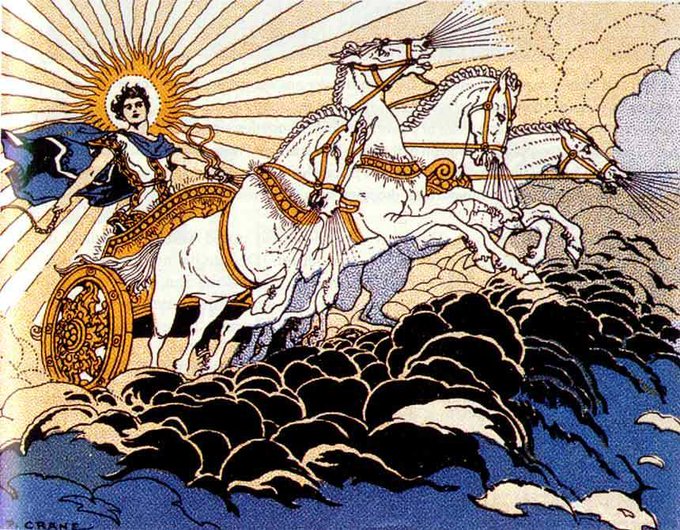Advertisements, like the ones I have just mentioned, cover whole pages. There is also, of course, the occasional request from some ‘broad-minded’—i.e., heavily influenced by foreign propaganda) father (or brother—that ‘caste doesn’t matter’. Forty years ago there were already such advertisements—one in a hundred—in the big city newspapers. Most of them came from Brahmosamajis. The mentality they reflect is unknown in the villages of India, where ninety-five per cent of the population live.
As for the immense mass of Harijans the government may open the doors of the temples wide to them, but they don’t care to enter. They know that this is contrary to custom and that custom is sacred, whereas the government isn’t. They continue to stay away as before.
Despite all this, the poison of anti-Tradition, the virus of a new, anti-racist, and above all anti-Aryan mentality—contrary to that which has governed Hindu life for sixty centuries—has been injected into the souls of an increasing number of young people of both sexes and all castes. It has been injected already in the time of the English, and, as I have so often repeated, by the English themselves; their teachers as well as their missionaries, or the Jews of high Masonic degrees who acted behind them and through them, mostly without their knowledge.
It may be that Hindu civilisation will resist to the very end of this last age of our Cycle. It may be that, in time, it will cease to resist and succumb. All will depend on how long our Cycle is to last, and above all on how quickly the non-Aryan Hindu castes pull up. The revolt of the latter,[1] which is now being felt everywhere among their educated members can only remain in a multiracial ‘democracy’, directly proportional to the success of the measures of preventive hygiene and medicine. The present Indian government, with its profoundly anthropocentric views inherited from the humanitarian—if not Christian—West, will continue to apply such measures, the pure and simple suppression of which would seem ‘monstrous’ to them.
The Indian Aryan will certainly remain in India. But he will have (like the Aryan, moreover, wherever populations of an inferior race, enjoying ‘rights’ equal to his own, multiply alongside him), less and less power. The democratic system, if it isn’t broken in time by violence, will prevent him from acting or even from asserting himself through words and books.
It would be necessary, therefore, that, in an immense and irresistible impulse against the current of the Dark Age, India should repudiate both democracy and anthropocentrism, and return to living in the atmosphere of the ancient racism of the hierarchical castes: the Aryan, Brahman and Kshatriya at the top, having sole temporal power and spiritual authority; the latter deriving its legitimacy from the former.
 But if, as everything suggests, the ‘twenty-fifth hour’ has really come, there is no one before Kalki himself who can initiate and guide such an impulse. What our beloved Führer, the precursor of Kalki, didn’t succeed in doing amid a Nordic majority, with the collaboration of more than a million SS fighters—the warrior and mystic elite of the world, totally devoted to the Aryan cause—, no one will succeed in doing anywhere the equivalent of that—no one, except Kalki, the last ‘man against Time’ who must close this cycle.
But if, as everything suggests, the ‘twenty-fifth hour’ has really come, there is no one before Kalki himself who can initiate and guide such an impulse. What our beloved Führer, the precursor of Kalki, didn’t succeed in doing amid a Nordic majority, with the collaboration of more than a million SS fighters—the warrior and mystic elite of the world, totally devoted to the Aryan cause—, no one will succeed in doing anywhere the equivalent of that—no one, except Kalki, the last ‘man against Time’ who must close this cycle.
_____________
[1] A revolt that took shape, in particular, in the South of India, with the struggle of the Dravida Munetra Khazgham against the Brahmins, the Sanskrit culture, the cult of Rama (the deified Aryan hero) and, in general, against everything in life and institutions which recalls the Aryan presence.
2 replies on “Reflections of an Aryan woman, 98”
Errata, penultimate paragraph:
“…having sole temporal power and spiritual authority; the latter deriving its legitimacy from the latter.”
Duplicated words. It’s either former-latter or latter-former.
Thanks.